The hidden toll of the hospitality industry – and the steps being taken to combat it
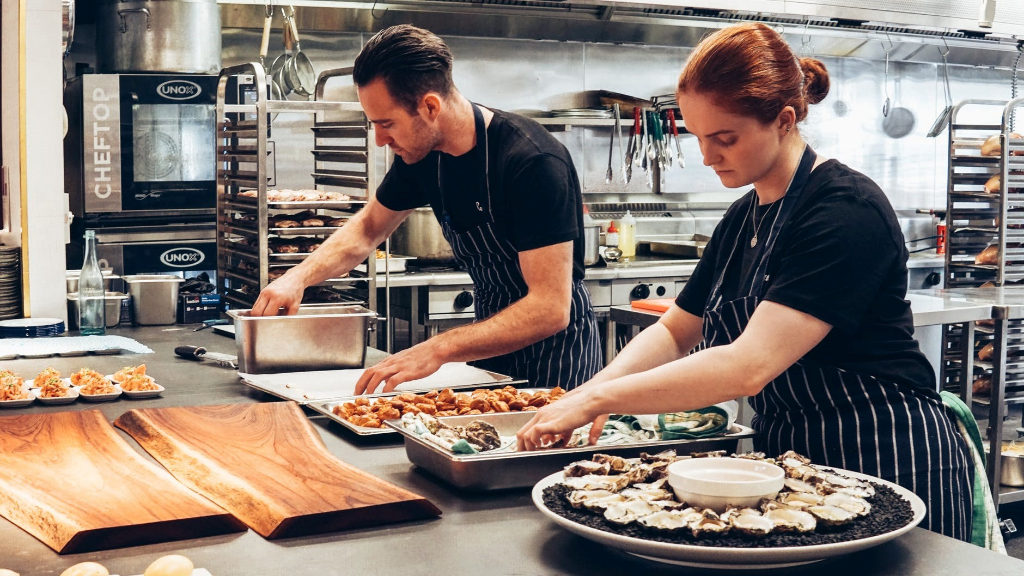
The word sustainability normally brings to mind acres of newly planted trees, stuffed recycling bags and ethically-sourced ingredients. But those thinking and discussing trends in the hospitality industry are increasingly expanding its definition to include the wellbeing of those who work in the field, especially chefs. In a field which traditionally has taken no prisoners, requiring a level of commitment that few can stomach, some activists are taking a stand, beginning to address longstanding issues with overwork and burnout.
At the annual Food on the Edge symposium in Galway in October, Ryan King, senior correspondent for the food magazine Fine Dining Lovers, gave a talk on fixing kitchen culture. He argued that issues such as the scarcity of consecutive days off, inadequate break time and a disregard for sick leave were crippling the hospitality industry, leaving younger chefs disillusioned and unwilling to enter a profession with seemingly so little regard for their welfare or even their health.
A viral image of a young chef at Kirk Westaway’s Jaan in Singapore, huddled over a sandwich eaten hastily between shifts, has become an emblem of the cracks in the industry’s structure and attitudes. Responses to the picture on Facebook were varied – while some shared similar experiences, others derided the “snowflakes” who were daring to question how the hospitality industry has always been run. “At least he got a meal and had time to eat it,” was one commenter’s take. Another offered: “It’s not a job everyone can handle. Only the Strong [sic] survive.”
Following Food on the Edge, Fine Dining Lovers published a survey of 104 top chefs who had attended the event to gauge the toll that the job takes on its workers. The results were clear – kitchen culture has problems. 60% of respondents reported working nine to 12 hours a day, with a further 23% working over 12 hours. Of the respondents who worked in lower-ranking positions (about half), only 7% reported being happy with their work-life balance. That figure rises to only 15% for those in executive or head chef positions. Other findings included reports that chefs would routinely go into work when ill, and 26% of respondents found that their job had a negative impact on their private lives.
Who creates the attitudes that keep the hospitality industry unsustainable? Evidence suggests it is often managers or older chefs who, having come of age in pressure-cooker kitchens, expect younger staff to do the same. Victoria Stewart, an ex-Evening Standard food editor, started Hospitality Speaks in 2018. Her experience in the industry had increasingly brought with it an awareness of hospitality’s distressing culture and the toll it took on its workers. The website publishes anonymous accounts of bullying, harassment and discrimination within catering.
A clear thread is sexism: many of the stories deal with bosses who have made derogatory comments or touched female colleagues inappropriately. One story reads: “I once had to sit down with three of my male kitchen staff and explain to them why it wasn’t acceptable to discuss the sexual anatomy of a female member of staff in detail in the open kitchen at work.” Others deal more directly with colleagues who bully, browbeat and threaten their underlings. “I remember [a head chef] threatening to get [my colleague] with his scalding hot pan,” writes one anonymous contributor. “It was disgusting.”
A thriving drug culture, in both kitchens and dining rooms, contributes further to stress. A respondent states: “it was totally normal to expect everyone to take coke during service.” Although there is little current data on drug use in the hospitality industry in the UK, a 2015 survey by the Substance Abuse and Mental Health Services Administration in the US found that accommodation and food services had the highest rate of drug abuse of any industry, with 19.1% of employees using illicit drugs every month.
Clearly, there are deep cracks in hospitality’s attitudes and responses to workplace stress. But here and there, pockets of influence in the industry are beginning to take notice of these issues, and to take steps to combat their negative effects. In his speech at Food on the Edge, King flagged up several chefs who are pioneering wellbeing initiatives in their restaurants, defying the received wisdom that anything other than total dedication and constant work is a failure. Ben Shewry, of Melbourne’s Attica, has urged chefs to pay more attention to the country’s history of racism against indigenous Australians. Esben Holmboe Bang, the creator of Oslo three-Michelin starred restaurant Maaemo, was praised by King for introducing a policy of three days’ consecutive holiday for his staff: a step which, though ostensibly small, provides much-needed family time and concentrated rest for overworked chefs and waiting staff.
Stewart, too, is championing sustainable chefs. Hospitality Speaks’s “People Pioneers” section draws attention to restaurants which have committed to improving industry culture, including the chains Barrafina and Honest Burgers. The website also offers a support page for those who recognise themselves in the stories and need advice.
There are small changes occurring, but only time will tell if they snowball into lasting change for the hospitality industry. One thing is for sure: many are dissatisfied with its unsustainability. Only through decisive action will those in charge begin to combat it. If you can’t stand the heat, air out the kitchen.
Malin Hay
Photo: Elle Hughes
To read the full report of Fine Dining Lovers’s survey, visit their website here.
Visit Hospitality Speaks to find out more about their work.
Watch Ryan King’s speech at Food on the Edge here:



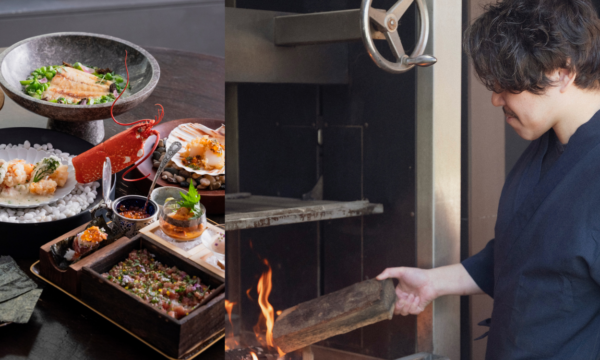
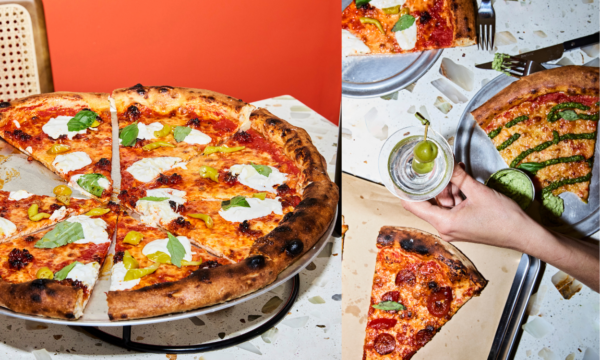
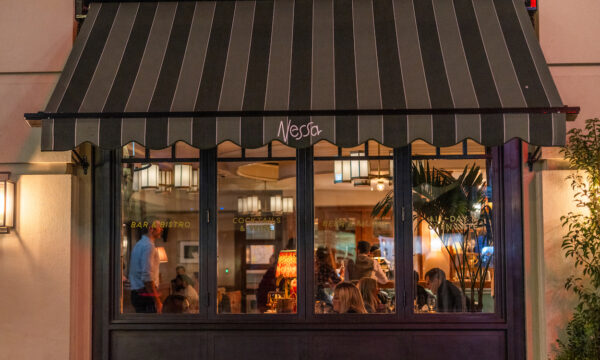

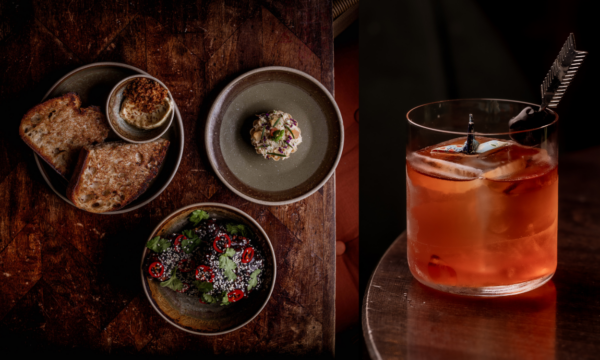

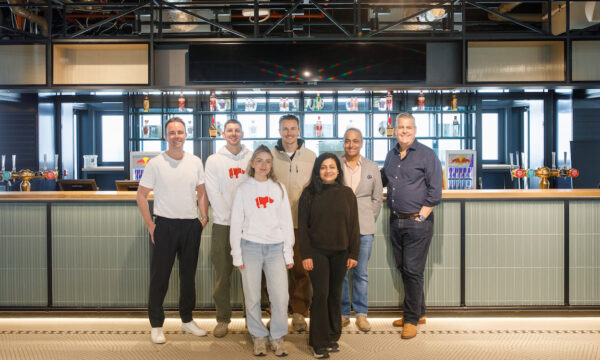














Facebook
Twitter
Instagram
YouTube
RSS